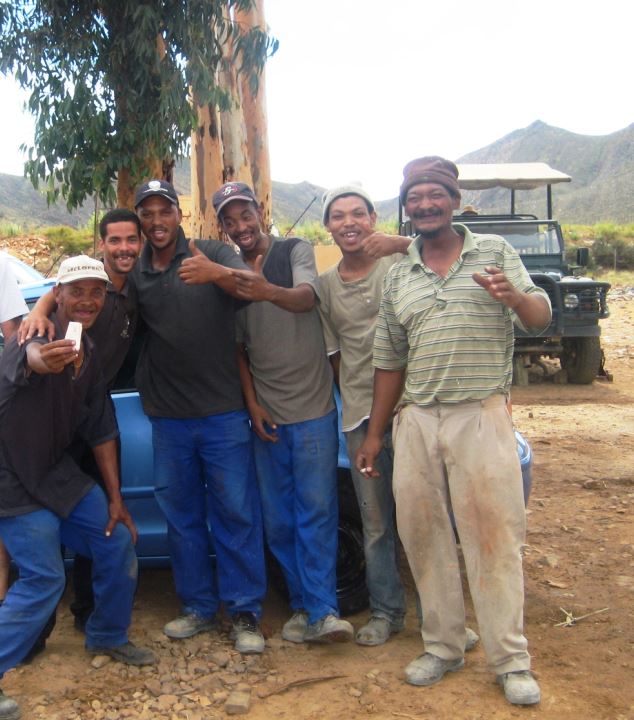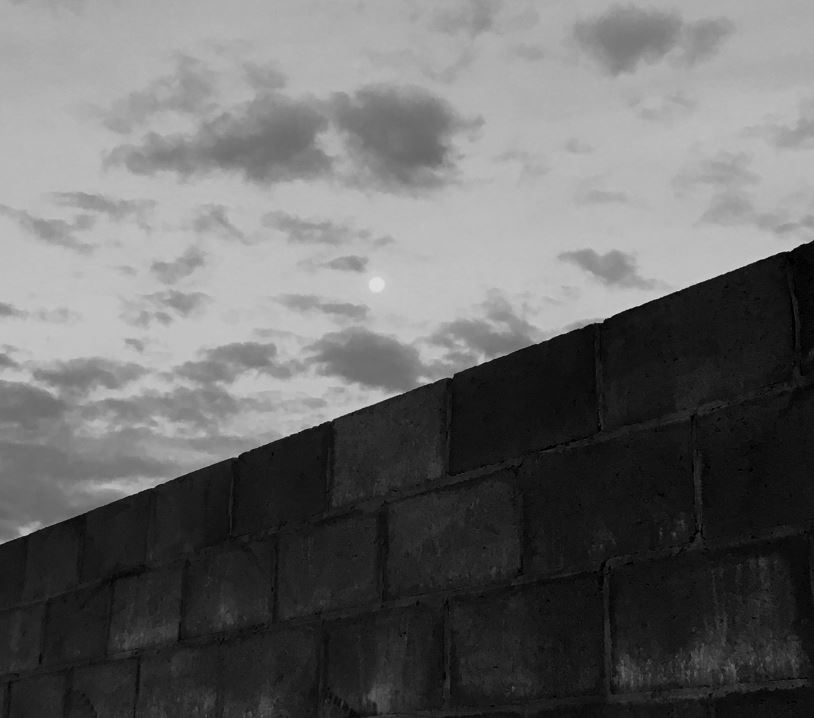Humor is a trait that is unique and innate to humans. We all like to have a laugh and we can all laugh at a joke and sometimes we do so at our own expense. Very often having a sense of humor is the greatest asset a person can have.
Humor is Universal (well almost)
The Jedi often appear to be the epitome of the stoic monk warrior; humorless, serious and void of emotion. The misconception is also often applied to the Stoics. When people describe the Stoics they imagine Leonard Nimoy as the Vulcan Spock in Star Trek.
“Kirk: Mr. Spock. I suspect you’re becoming more and more human all the time.
Spock: Captain, I see no reason to stand here and be insulted….If I were a human I would tell you to go to Hell. If I were a human” – Star Trek
Vulcan’s really didn’t have emotion or it seems even a sense of humor. The reality for both the Stoics and the Jedi is actually the opposite. Jedi and Stoics believed in the healthy display of emotions, they were serious about their work, but not themselves.
The Stoics Seneca, Cato and Epictetus used humor particularly when faced with difficult situations like exile, imprisonment and the threat of death. Marcus Aurelius assailed on all sides by political foes, personal betrayal and a vast Barbarian army kept his wits about him and his feet on the ground through wit. The Roman Army adored him for it. The Stoics understood that the Gods played jokes on humans and that life was a comedy as well as a tragedy.
Insult Me!
One of the Stoic practices was to respond to insult through use of humor. There is nothing more disarming to an unpleasant or abusive person trying to insult you than to have their insult responded to with laughter and a joke. Why get angry and upset by hurtful words? Your mind is your own and you can take it as you want. Be offended or be tickled by an insult. Laughing off an abusive insult with a joke not only deflates a bully, it wins the respect and the laughter of bystanders.
No less, the Jedi Masters often saw the humor in the most unusual places. It kept them centered and lightened the mood when hope appeared lost and defeat seemed certain. Yoda and Obi-Wan often reverted to wit and “tongue in cheek” under stress. They saw no point in getting worked up about the situation; they dealt with the issue as it presented itself and used humor to help others cope.
“Lost a planet Master Obi-Wan has. How embarrassing.” – Yoda “Episode II: Attack of the Clones” to a group of Younglings after Obi-Wan has presented him with some bad news.
Humor Works
The humor was never used to belittle anyone but as a way to bring mindfulness to the moment. If you are having a bad day and everything is going wrong, you are stressed, worried and all over the place think of one funny thing, step back and consider the hilarity of the situation. Burst out in laughter. People around you may think you have gone mad but I guarantee you will relax and start to view your problems objectively and constructively. You will stop projecting all the horrible things that may happen but focus on what is actual and real.
When Yoda lay on his death bed in “Episode VI: Return of the Jedi” he was attended by Luke Skywalker who resisted the reality that Yoda was soon to die. The old Jedi Master knew his time was up and he accepted it with peace and equanimity as well as humor.
“When nine hundred years old you reach, look as good you will not.” – Yoda to Luke
Priceless.
Take a Jab
Sometimes the humor and wit backfired on the Jedi. Obi-Wan Kenobi was called to assist the Duchess of Mandalore in a crisis that had hit their system. The two had been lovers before Kenobi had taken the Jedi vows. In “The Clone Wars” episode “The Voyage of Temptation” the Duchess could not resist taking a jab at the man she still loved about a time he had saved her life:
“Satine Kryze: How could I forget? I still have the scar.
Obi-Wan Kenobi: Begging your pardon, Duchess, I distinctly remember carrying you to safety.
Satine Kryze: I meant the scar I got after you fell and dropped me.”
Obi-Wan Kenobi: Oh..
Later on it gets better
“Satine Kryze: Senators, I presume you are acquainted with the collection of half-truths and hyperbole known as Obi-Wan Kenobi?
Obi-Wan Kenobi: Your Highness is too kind.
Satine Kryze: You’re right, I am.”
The chemistry between the Obi-Wan and Satine is explosive and I wish there was a spin off movie that portrayed the romance between the two. Most would agree that a sense of humor and the ability to take jokes from those intimate to us and make harmless jibes in return is one of things that endears great affection between humans.
Squaddie Humor
In the Army humor was everything. Most civilians would be shocked at the crassness, the underhanded and the disgusting themes that color the soldiers humor. Nothing is sacred or spared. In the civilian world friendships would be abruptly ended and all communication cut off if such jibes and insults were exchanged. In a tight unit it leads to stronger bonding. You give as much as you get and you love the man doing it to you because he is your brother and you would die for him. You still give him hell and rub his nose in it. The banter and jokes lightens the mood, gets the testosterone pumping and strengthens team morale.
“Foreplay, cuddling—a Jedi craves not these things” – Yoda
I remember one night after being awake for 72 hours and under canvas cleaning weapons the Platoon Sergeant came in to do an inspection which did not go well. After a bit of pointless yelling he declared that we were to be on parade in patrol order in 5 minutes for a forced march up a very tall mountain. Everyone stood there in mute shock, most of us had had enough. As soon as the Sergeant walked out of the tent one of the guys cracked a joke, an absolute gem and everyone burst in to fits of laughter. It broke the ice and we all knew we’d beat them. We ran up that mountain as a team and left no man behind. That’s the power of humor.
Like an Army Drill Instructor, Yoda could also have fun with his student..
Yoda: “Mysterious are the ways of the Force.”
Luke: “Did you just make me stand on my head for two hours because I was annoying you?”
Yoda: “Very mysterious.”
Pack up yer Troubles
Without a doubt one of the tools in our recovery kit bag is humor. It is indispensable. Use it and use it as often as you like. If you are anything like me a lot of people will not appreciate your sense of humor but who cares? Laugh anyway as long as it’s not at anyone’s misfortune. Always use your humor and wit to help not hurt. Never spare a Laugh.
“So we think cheerfulness and laughter make for usefulness. Outsiders are sometimes shocked when we burst into merriment over a seemingly tragic experience out of the past. But why shouldn’t we laugh? We have recovered, and have been given the power to help others.” – The Big Book p. 32










